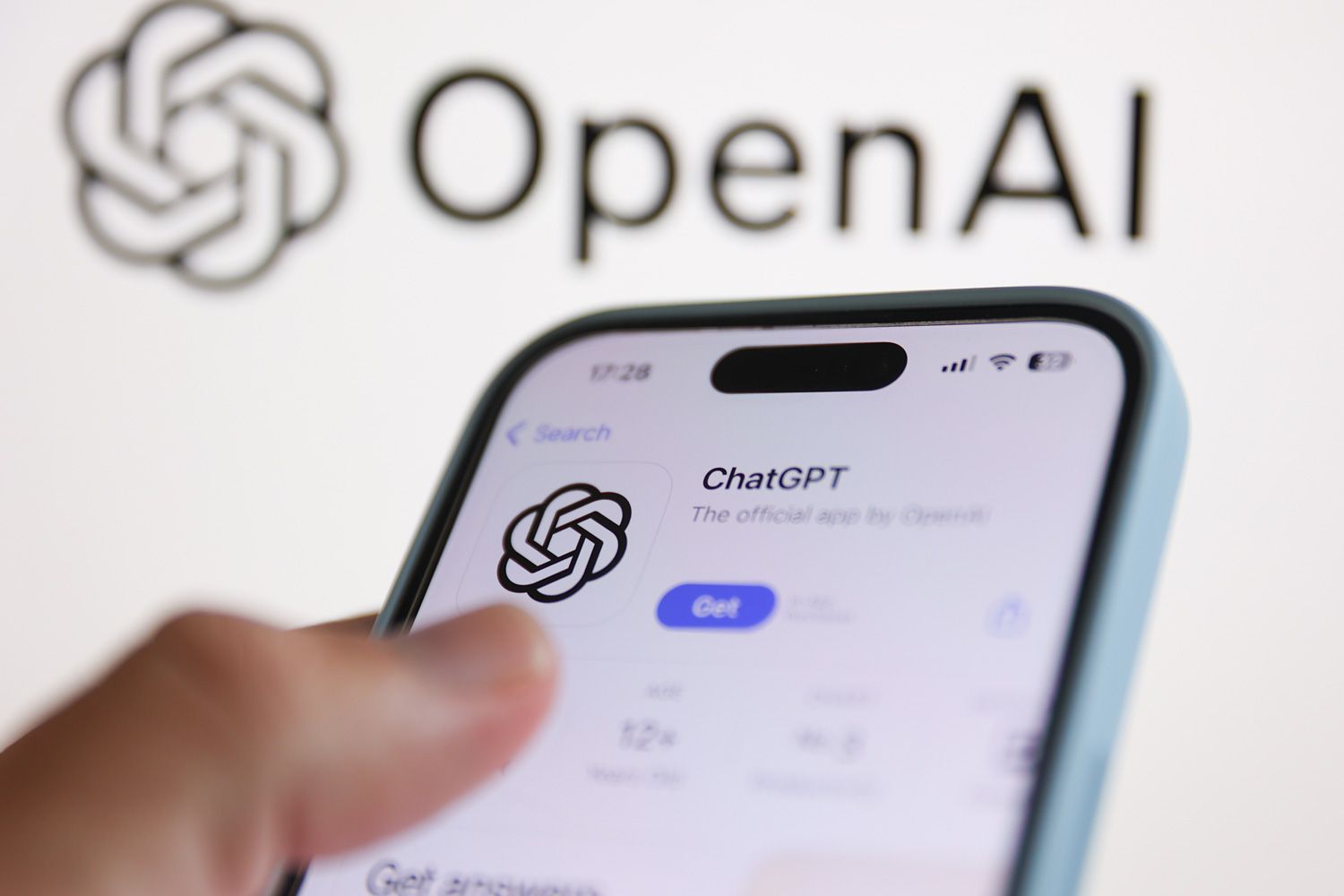The rise of artificial intelligence chatbots like ChatGPT has transformed the way we communicate, with millions of people now engaging with bots more frequently than with other humans. As this shift accelerates, a curious debate has emerged: is it wasteful or essential to say “please” and “thank you” to AI?
On one hand, every extra word typed into ChatGPT consumes additional energy, contributing to the already staggering environmental footprint of AI. On the other, maintaining polite habits with bots may be vital for preserving our social fabric as human-to-human interactions decline.
The Hidden Energy Cost of Every “Please” and “Thank You”
It is easy to overlook the environmental impact of digital conversations. Yet, every prompt sent to ChatGPT triggers a cascade of computations across vast data centres, each drawing considerable electricity.
Estimates suggest that a single ChatGPT request can use up to ten times more electricity than a traditional Google search, with figures ranging from 0.3 to 3 watt-hours per query depending on the model and prompt length. When multiplied by hundreds of millions of daily interactions, the energy consumed is immense-enough to rival the annual electricity usage of entire countries.
Adding extra words such as “please” and “thank you” may seem trivial, but at scale, these polite flourishes add up. OpenAI’s CEO, Sam Altman, acknowledged that the cumulative energy cost of such politeness runs into tens of millions of dollars-energy that ultimately comes from power grids still heavily reliant on fossil fuels. As AI adoption grows, so too does its environmental impact, raising questions about the sustainability of our digital etiquette.
From a purely utilitarian perspective, some experts argue there is little justification for being polite to a machine. Each additional word increases the computational load, packaging the core request in more digital “wrapping paper” for the bot to process. In an era of climate concern, should we not be as concise as possible?
Politeness as Social Training: Why Manners Matter with Machines
Yet, the story does not end with energy efficiency. As bots become ever more present in our lives, the way we interact with them begins to shape our broader social habits. Research and commentary suggest that maintaining politeness with AI is not just about sparing a bot’s (non-existent) feelings-it is about preserving our own humanity.
Polite language in AI interactions reinforces clear, respectful communication, which in turn can yield better, more helpful responses. More importantly, consistently practising good manners with bots helps prevent the erosion of social skills. Studies have shown that when people get used to barking blunt commands at machines, this terse style can creep into their real-world conversations, undermining empathy and connection with fellow humans. Treating chatbots as we would a person-using “please” and “thank you”-acts as a form of “conversational cross-training,” keeping our social muscles in shape.
There is also evidence that these habits help train AI to be more socially adept. Polite exchanges provide valuable data for developers, improving the bot’s ability to recognise nuance, respond with empathy, and model positive behaviour for future users. In effect, every courteous interaction nudges AI towards becoming a better conversational partner, not just for you, but for everyone.
Finally, as people increasingly turn to chatbots for companionship, support, or even friendship, the lines between digital and human interaction blur. Maintaining politeness with bots helps preserve the rituals and norms that underpin meaningful relationships-whether with a person or a machine. It signals respect, fosters trust, and can even make the interaction feel more rewarding and authentic.
A New Kind of Digital Etiquette
The energy cost of saying “please” and “thank you” to ChatGPT is real and, at scale, significant. However, as AI chatbots become ever more woven into the fabric of daily life, the social cost of abandoning politeness may be even greater. In a world where people are talking to bots more than to each other, these small habits are not just about manners-they are about maintaining the skills and values that make us human. Investing a little extra energy in digital courtesy may be a price well worth paying for a kinder, more connected future.


